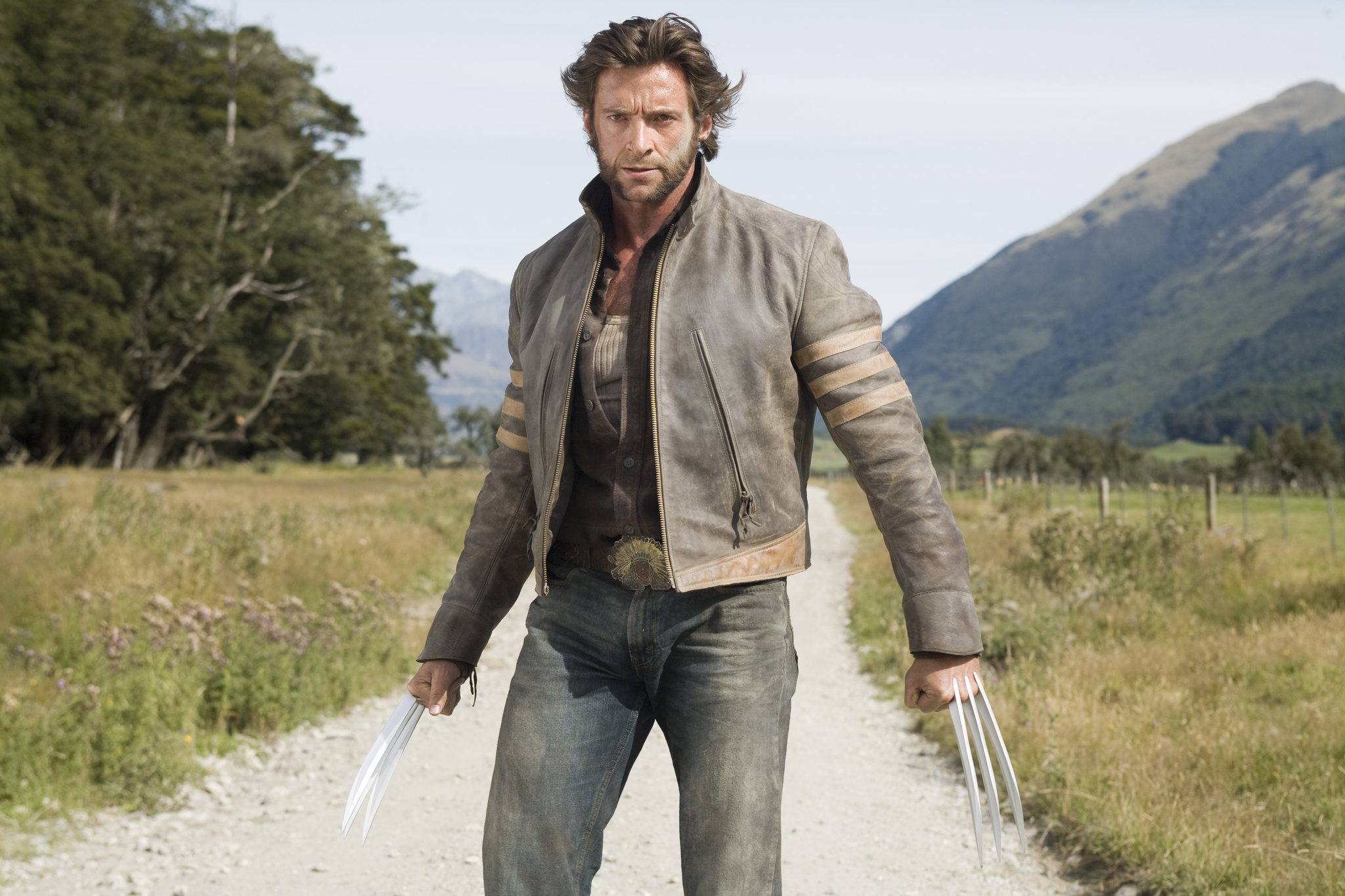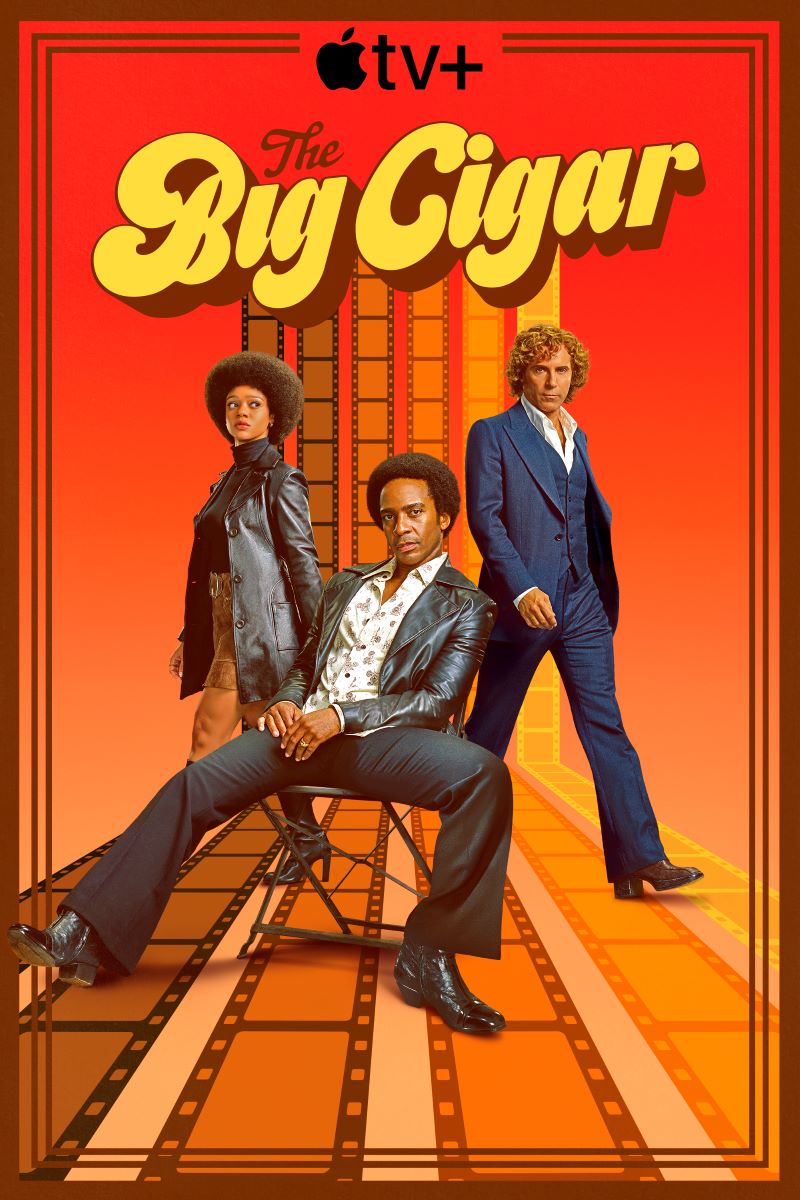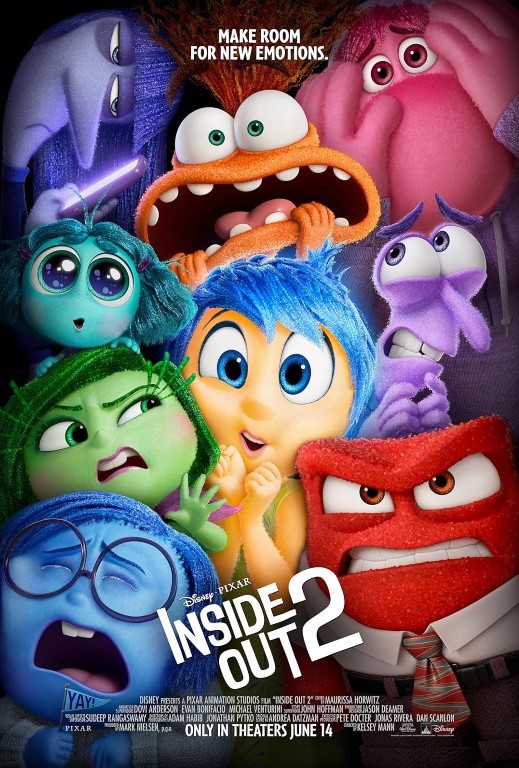Few people have kind things to say about “X-Men Origins: Wolverine.” Receiving terrible reviews when it was released in May 2009, the film was meant to extend the X-Men cinematic universe in a unique way, giving Hugh Jackman’s mutant antihero Logan his own standalone film after being one of the main attractions in “X-Men,” “X2: X-Men United” and “X-Men: The Last Stand,” which at that point was one of Hollywood’s most lucrative franchises. So, 20th Century Fox figured, why not keep the gravy train rolling? Let’s make a movie where audiences get to see how Logan became Wolverine. Surely that would be a hit.
Truth is, “X-Men Origins: Wolverine” was commercially successful but not a big-enough smash to justify the studio continuing in that specific direction for future films. (Plus, it cannot be overstated how much true-blue comic fans despised the movie.) Still, that 2009 film has been discussed more in recent times than it has in years because of the imminent arrival of “Deadpool & Wolverine,” which will be the second big-screen pairing of those two Marvel characters—the first, of course, was in “X-Men Origins: Wolverine,” which featured Ryan Reynolds as a very different iteration of Deadpool. (Even if you’ve never seen “X-Men Origins: Wolverine,” you’re probably aware of it because of how much Reynolds has made fun of that film in his two Deadpool movies.)
If you revisit “X-Men Origins: Wolverine,” you will not discover a misunderstood masterpiece. To be honest, I didn’t hate it when I saw it in 2009—I thought it was pretty disposable, although Jackman was predictably great—but I hadn’t given it a single thought in the last 15 years. But to prepare for “Deadpool & Wolverine,” I gave it a fresh watch. The movie’s still not good, but what was striking was realizing I was witnessing the beginning of an industry era that’s still with us—if anything, it’s even more pervasive today. “X-Men Origins: Wolverine” remains bad, but it also represents the dawn of Hollywood’s spin-off age. And that era’s problems are embodied in this movie.
“X-Men Origins: Wolverine” was by no means the first spin-off film—and it wasn’t even the first film of this kind spawned from a blockbuster. “The Fugitive” begat “U.S. Marshalls.” Brendan Fraser’s “Mummy” films gave us “The Scorpion King.” “Daredevil” paved the way for “Elektra.” The “Barbershop” series opened the door for “Beauty Shop.” “Bruce Almighty” was so huge that we got “Evan Almighty.”
Those earlier spin-off movies had two things in common. One, they were mediocre, and two, with a few exceptions, they failed to be financial successes. Not many people would think back on those spin-offs fondly. Generally speaking, they felt a little desperate, a little undignified—merely vain attempts to extend franchises beyond their logical end point. True, “The Scorpion King” was actually a fairly sizable hit, but its sequels were cheapo straight-to-video affairs that didn’t feature Dwayne Johnson. To varying degrees, spin-offs were considered weird, vaguely embarrassing cash-grabs.
Of course, those studios and filmmakers probably went into those projects with lofty aspirations. Still, Fox’s attempt to make a Wolverine spin-off was treated as an ambitious undertaking and a major event. “There is no property more sacred to us than ‘X-Men,’” Fox’s co-president of production Alex Young told Entertainment Weekly before “X-Men Origins: Wolverine’s” release. In that same interview, Young acknowledged the movie was more expensive than its predecessors. “It’s bigger in scale and size than any of the other X-Men movies,” he said. “It’s also more primal and visceral. We haven’t even come close to this pitch of intensity and fury.”
Dismiss that as typical studio hype if you must, but at least it suggested that Fox was serious about “X-Men Origins: Wolverine,” which traced Logan’s early days as he grows up with his half-brother Victor (Liev Schreiber), both of them blessed/cursed with mutant powers. They fight side by side in America’s most historic wars—the Civil War, the two World Wars, Vietnam—before being recruited by Major William Stryker (Danny Huston) to join his elite, super-secret team of mutant warriors. But soon after Logan sours on the distasteful government ops they’re assigned to execute, walking away from the group. But, of course, there’s no getting out—and Stryker sends his other soldiers to eliminate Wolverine, including Victor.
Even before it hit theaters, “X-Men Origins: Wolverine” was in trouble. Production delays, a rumored rift between the producers and filmmaker Gavin Hood about the movie’s creative direction, an unfinished script imperiled by the Writers Guild of America strike of 2007 and 2008: Any type of bad buzz you can imagine, this flick had it. Even worse, at the end of March 2009, the film leaked on the internet, which hurt Fox financially. Just as importantly, though, the leak revealed the movie’s myriad flaws. The studio tried to insist it was only a workprint, but the damage was done—fans now knew “X-Men Origins: Wolverine” was a dud. Put it this way: That Entertainment Weekly piece I quoted earlier focused almost entirely on the online leak and the behind-the-scenes creative differences, forcing executives and Jackman to go into spin mode. If you’re putting out a movie you hope will be a blockbuster, that’s not how you want the promotional tour to go.
Enough people have written about “X-Men Origins: Wolverine’s” creative failures that there’s not much need to reiterate them. But I would say that, watching this movie in 2024, it’s clear that so many of its issues stem from the general problem with spin-offs—a problem still with us today. The first red flag is right there in the title. “X-Men Origins: Wolverine” is an ungainly mouthful primarily because Fox undoubtedly wanted to cover its bases, making sure that you knew that this movie is about that Wolverine guy that you saw in those X-Men flicks. (Also, the studio was planning at one point to do a similar spin-off film for Magneto, with “X-Men Origins” being used as the linking title to these side projects.) If you wonder why modern spin-offs have titles like “A Quiet Place: Day One” or “Furiosa: A Mad Max Saga,” that’s your explanation: The underlying I.P. needs to be front and center.
But the title is the least of this film’s weaknesses. Strange as it might sound, I think part of the reason critics were so down on “X-Men Origins: Wolverine” is that they hadn’t yet dealt with the glut of spin-offs that were soon going to come our way. This odd mutant strain of film was, then, kinda new—almost novel—in its departure from the franchise’s main storyline while, at the same time, spending a whole narrative on a character we already knew pretty well. Not just a spin-off but also a prequel and an origin story, “X-Men Origins: Wolverine” was a cluster bomb of all the event-movie subgenres that would come to dominate the multiplex. We just didn’t realize it yet.
That said, if “X-Men Origins: Wolverine” had been artistically successful, that novelty might have been more rewarding. Instead, we were saddled with an uninspired origin story, which is often the form that spin-off films take. Like many of them, “X-Men Origins: Wolverine” sought to explain mysteries of the character’s backstory—some of which, I would argue, most of us didn’t actually care about. How did Wolverine get that Adamantium skeleton? (Okay, yes, that would be interesting to learn.) What made him so angry? (Eh, I’m cool not knowing.) Had he ever spent a lot of time hanging out in the Canadian woods in order to stay off the grid? (Wait, I’m sorry, what?) The movie provided those answers—along with one that every spin-off/origin story simply must supply, which is “Hey, how did this guy get his cool name?”
The allure of origin stories is their ability to pull back the curtain, introducing us to a beloved character before they were fully formed. And if it’s a spin-off from a popular franchise, that also means the film can potentially try to depart from the tone and feel of the main movies. I’m in the minority because I actually like the “Star Wars” spin-off films, but one of the reasons I’m fond of both “Rogue One: A Star Wars Story” and “Solo: A Star Wars Story”—see what I mean about those ungainly titles?—is that they consciously don’t feel like typical “Star Wars” movies. (“Rogue One” was a heist/war flick. “Solo” masqueraded as a buddy-cop comedy.)
If Jackman had had his way, “X-Men Origins: Wolverine” would have done something similar, seeking a darker feel than the earlier “X-Men” movies. That’s why he pushed to hire Hood, who’d directed the crime drama “Tsotsi” (which won the Oscar for Best Foreign Language Film) but had no experience helming franchise features. As Hood later recalled, “He’d seen ‘Tsotsi,’ and he really felt that he wanted to try to make this film about a guy who is a superhero, but doesn’t really like what he does and has all this post-traumatic stress disorder.” Crucially, this was the first “X-Men” film to come out after 2008’s “The Dark Knight,” a magnificently somber, epic comic-book movie that profoundly shifted how Hollywood thought of these properties. In that EW preview, Fox’s co-chairman Tom Rothman indicated as much, pumping up “X-Men Origins: Wolverine” as “very badass, and we knew it would push the furthest limit of PG-13. But once ‘Dark Knight’ came out, we saw that there wasn’t any level of intensity we couldn’t go to.”
Why “X-Men Origins: Wolverine” fails, of course, is that the studio didn’t have the courage of its convictions, resulting in an unfocused film that’s half-dark and half-goofy—and it’s especially goofy during moments when it’s supposed to be dark. (Logan’s cherished girlfriend Kayla, played by Lynn Collins, dies in his arms? Cue hilariously melodramatic overhead shot of Jackman bellowing, “Noooooooooo!” to the skies.) “X-Men Origins: Wolverine” was quippy one minute, then ultra-serious the next, the two styles failing to cohere. Reynolds’ wisecracking Wade Wilson, who will become Deadpool, feels grafted on from another film. (Indeed, Reynolds has said he had to come up with his own dialogue on set.) Just because audiences liked this X-Men world before, it doesn’t mean they’ll follow it anywhere. Hood and the producers never could decide on exactly what tone they wanted—instead of settling on one, they flailed around with several.
Sometimes, the lead singer of a successful band will do a solo album, either because he’s sick of the rest of the group or wants to pursue different styles than what he’s known for. What often happens in these cases is that, while the solo album is superficially appealing, it seems like it’s missing something. And, of course, what it’s lacking is the band you associate with the lead singer. Spin-off films can create a similar sensation: Wait, where are the other guys?
As compelling as Jackman was in the “X-Men” movies, what made those films succeed was the ensemble—the mix of villains and heroes, the sense that these individual mutants were part of a larger community, even if some of them were foes. “X-Men Origins: Wolverine” didn’t introduce a single new character as interesting as Charles Xavier or Magneto or Jean Grey, but there sure were a lot of them—a backing band, if you will, of subpar session players. Rather than allowing Wolverine to command center stage, “X-Men Origins” made him seem lackluster around such dull company. You missed his cool buddies and vivid enemies from the previous films.
So, yes, “X-Men Origins: Wolverine” has deserved its reputation as one of the worst Marvel installments. And yet, it predicted the future of franchises. “Fast & Furious Presents: Hobbs & Shaw.” “Spiral: From the Book of Saw.” “Bumblebee.” “Creed.” “Annabelle” “Ocean’s 8.” “The Lego Batman Movie.” “Birds of Prey.” “Puss in Boots.” Even “Deadpool” is itself a spin-off. Nothing ever dies—now it just gets recycled for an adjacent motion picture. In a different age, we might have gotten films like “Quint: A Jaws Story” or “Godfather Origins: Sonny Corleone.” (Although you’re well within your rights to argue that “The Godfather Part II” is sort of a Vito Corleone origin story.) Modern spin-offs vary in quality, but “X-Men Origins: Wolverine” showed studios how they could be done—maybe not well, but certainly good for a company’s bottom line. Jackman’s first Wolverine flick didn’t get much right, but that it certainly did.












